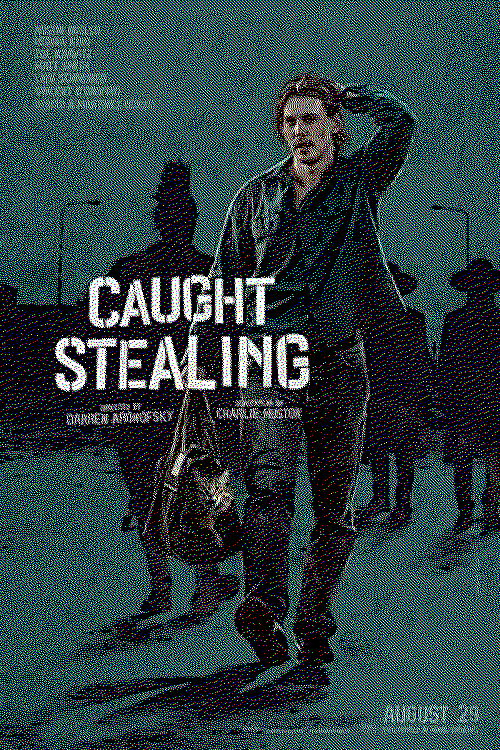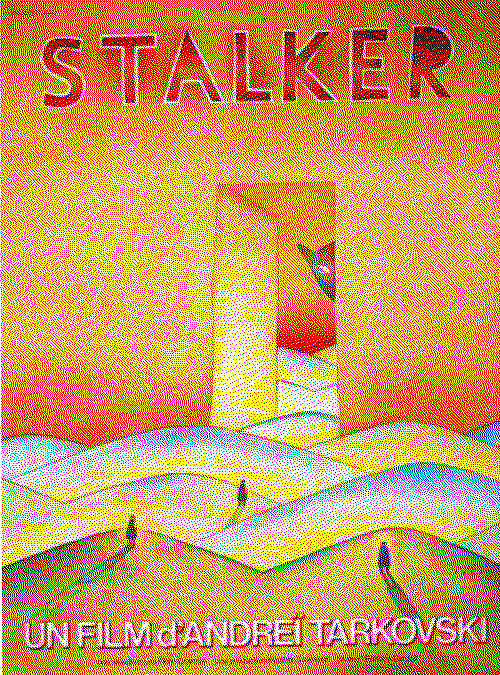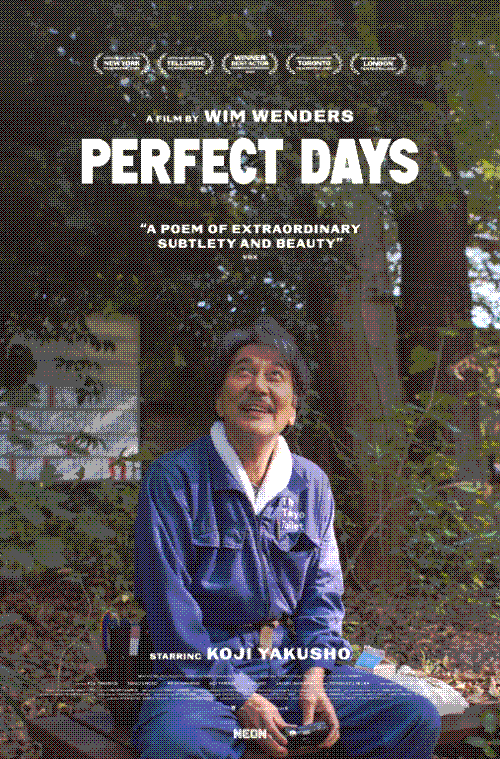
Caught Stealing (2025) dir. Darren Aronofsky
Such a fantastic movie to experience in theaters. I've been on the Austin Butler train for a while, and I knew he was going to kill it in this role, but I wasn't aware of how much he was going
to rock it. He plays Hank with a delicate balance of both determination and fear, and I loved the way Hank's past played so heavily into his reactions to his present predicament -- it felt very human. Zoe Kravitz is
also one of my favorite younger actors out there right now, and she nailed her role as the concerned but driven and independent lover to perfection. The other supporting roles were also very well
cast. The action of the film felt immediate and as if it had real-world stakes, which a lot of modern films fail to do (which I blame on the proliferation of the comic book movie genre, but I digress.)
I was on the edge of my seat for basically the entirety of this movie because Aronofsky really knows how to keep an audience guessing; there was never a moment where I could definitively say that a character
was safe from harm. This follows in the "one dude's super bad night" genre that also includes After Hours (a personal favorite of mine) and Good Time (also an amazing but tense movie to
watch in theaters), and it continues the tradition very faithfully because of Aronofsky's insistence on a fast pace and an erratic script that keeps viewers on their toes. Everyone should go see this in
theaters!

Stalker (1979) dir. Andrei Tarkovsky
A long and sometimes difficult watch, but rewarding nonetheless. With films like this, and Ozu films, a type of patience is necessary that is uncommon these days. With our
brains ruled by our phones and controlled by short attention spans, a movie such as Stalker forces the viewer to really sit with it and pay attention. I absolutely adored
the cinematography, with its wide, slow, or even stopped, shots, and the dystopian coloring of Soviet Russia versus the lush and beautiful coloring of the Zone. It created a visual contrast
that only emphasized the philosophical contrast. Is the Zone real life? Is the Zone what we wish real life was? In a place that grants your deepest desires, you are forced to confront
yourself. In a world ruled by nature, is the human being an animal -- an Id, and not an Ego -- and do our desires reflect who we are or some deeper, base
unconscious version of ourself that is natural but unknowable?
I particularly enjoyed Tarkovsky's meditations on art. Does capital-A Art come from a place beyond
human conception? We are the only animals on this earth capable of making art, and for what purpose? How does Art serve us, since both the Writer and the Professor feel as if
everything is in service to humanity. This film, as a piece of Art created by humans for human consumption -- what does it Do? Stalker is an intensely personal and provocative
experience that felt Lynchian at times (probably due to its fractured, dreamlike nature and Tarkovsky's unwillingness to spell out its themes for the viewer), but at its core it is
something original and powerful that I will be thinking about for a long time.

Perfect Days (2023), dir. Wim Wenders
God, I loved this movie so much!! It is exactly the kind of film that moves me (and it did move me to tears!). There is something very intimate and connecting about
watching another person appreciate their life. Hirayama's commitment to finding beauty in the mundane reminded me so much of myself. Contrary to popular belief, it takes
a lot of courage and hard work to maintain a positive outlook on life. Even if someone you know seems "happy-go-lucky" (like I often find myself labeled), oftentimes there
is a lot of hard work behind that attitude.
When I was in my senior year at USC, I left my house every morning with music playing in my ears and my eyes fixed firmly on the sky.
I'd open my red front door and step out onto the brick porch, and I'd look at the blue sky, the sun, the trees swaying in the wind, and note the changing colors on the leaves
and the crunch of them beneath my feet as I headed off to campus. Every day I tell myself "Today has the potential to be a good day." And if it's not, well then, tomorrow that
statement will still hold true. I felt like that was Hirayama's outlook on life, too, and it felt like something settled itself inside my chest -- something once flighty and nervous --
to see such an attitude celebrated on film.
Hirayama's life is far from perfect, and he has to deal with many of the same things we all have to deal with in day-to-day life: annoying
coworkers, family problems, unexpected complications at work. Yet, he still finds the Beautiful in every moment. My favorite detail was his love for dappled sunlight and trees.
I used to lie on the grassy hill outside of the old journalism school, headphones in, backpack shoved up under my head, in the little in-between periods between my classes and
other commitments, and stare up at the way the trees swayed in the wind. It calmed me to remember that the trees still move regardless of whether I'm watching them or not. It was
grounding to feel the grass on the back of my arms, scratchy but natural and real.
A life does not have to be flashy or on trend to be well-lived. Hirayama's life was
his, not anyone else's. His plants, his cassetes, and his pictures filled him up, even as over the course of the movie he realizes that there are other ways to be fulfilled,
like the small aspects of human company and community that get overlooked. His life felt real to me, which is always a beautiful testament to the power of film. It's easy to make
a fantastical and alien movie, but it's another feat entirely to make something feel familiar, like a memory long-forgotten and just remembered.